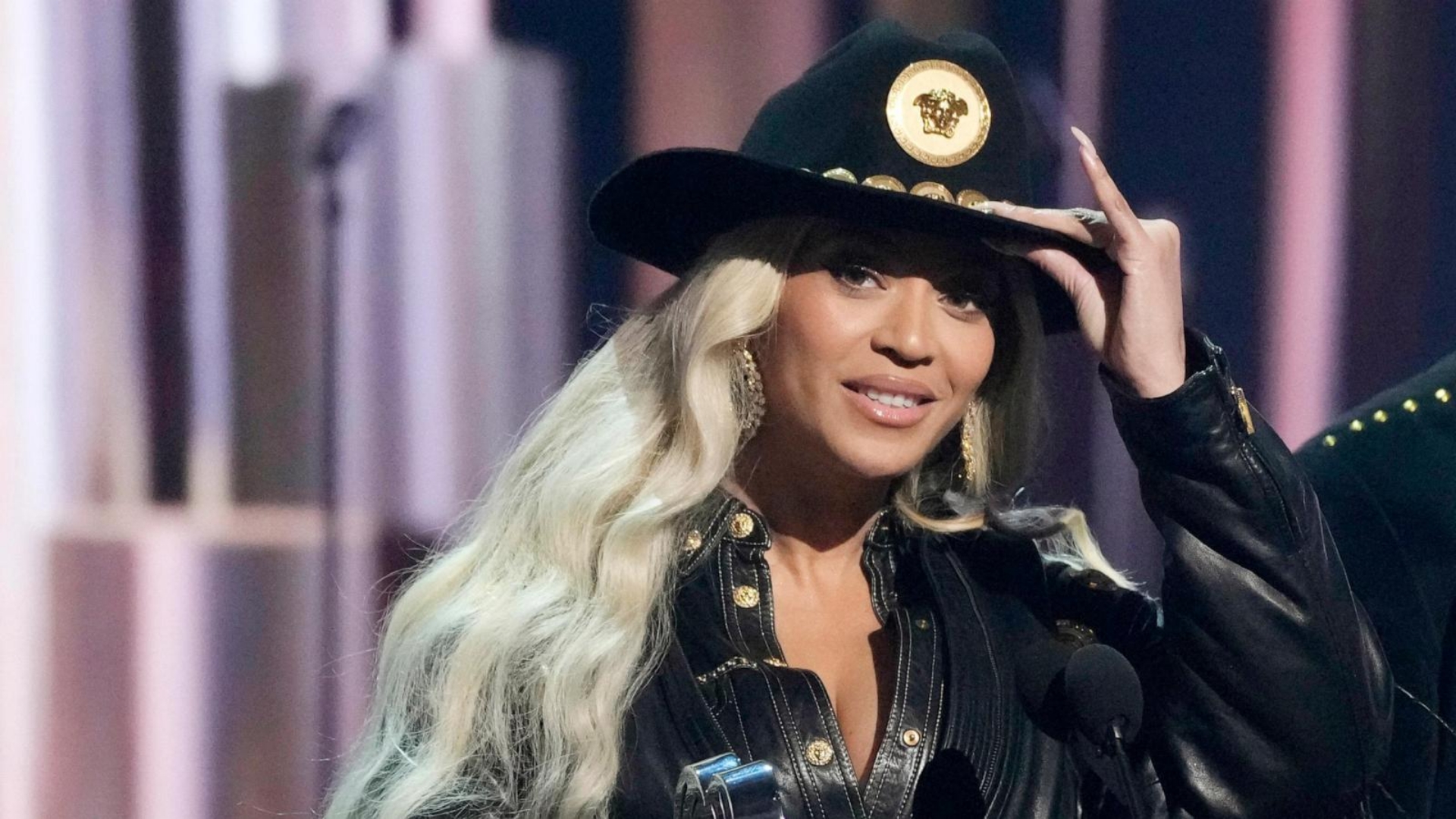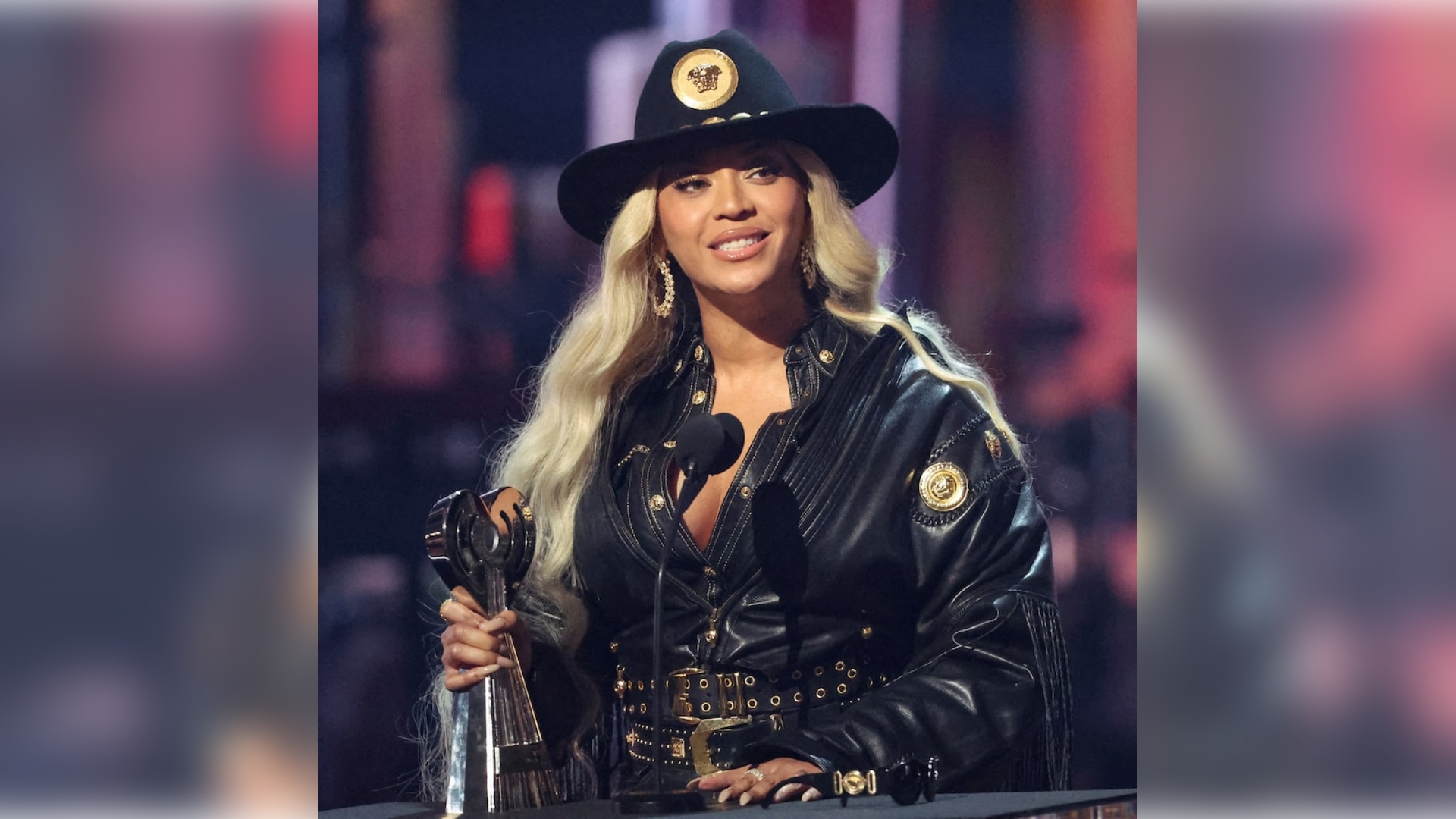Queen Bey Gets Regal Treatment: Yale Offers Course on Beyoncé's Legacy

Queen Bey is coming to the classroom! Next year, Yale University will offer a course exploring Beyoncé's music as a lens to understand Black history, culture, and politics.

Pop culture is infiltrating academia in a big way. Next year, Yale University will be offering a course dedicated to the cultural and political significance of Beyoncé's music. Titled "Beyoncé Makes History: Black Radical Tradition, Culture, Theory & Politics Through Music," this one-credit class will delve into the period from her self-titled 2013 album to her recent genre-defying "Cowboy Carter."
Why Beyoncé? It's not just about the music. Beyoncé has become a cultural touchstone, a symbol of Black female empowerment, and a powerful voice for social justice. Her music videos, live performances, and visual albums are more than just entertainment; they're meticulously crafted works of art that challenge societal norms and provoke thought.
Daphne Brooks, a professor of African American Studies at Yale University, plans to use the performer's extensive repertoire—which includes video of her live performances—as a "portal" for students to learn about Black thinkers, such as Toni Morrison and Frederick Douglass.
“We’re going to be taking seriously the ways in which the critical work, the intellectual work of some of our greatest thinkers in American culture resonates with Beyoncé's music and thinking about the ways in which we can apply their philosophies to her work” and how it has sometimes been at odds with the “Black radical intellectual tradition,” Brooks said.
Popular musician Beyoncé has been the focus of college-level classes on a variety of artists, such as Taylor Swift and Bob Dylan. In order to engage a new generation of lawyers, legal professors use Swift and other celebrities to break down difficult ideas.
Brooks commends Beyoncé for using her music to encourage awareness of and participation in grassroots movements and ideas, such as Black feminist criticism and the Black Lives Matter movement.
“Can you think of any other pop musician who’s invited an array of grassroots activists to participate in these longform multimedia album projects that she’s given us since 2013,” asked Brooks. She noted how Beyoncé has also tried to tell a story through her music about “race and gender and sexuality in the context of the 400-year-plus history of African-American subjugation.”
“She’s a fascinating artist because historical memory, as I often refer to it, and also the kind of impulse to be an archive of that historical memory, it’s just all over her work,” Brooks said. “And you just don’t see that with any other artist.”
Though she hopes to keep the class small, Brooks, who taught a popular seminar on Black women in popular music culture at Princeton University, anticipates her Yale class will be well-liked. Brooks advises students to pay Queen Bey a visit.
So, the next time you hear a Beyoncé song, don't just listen to the beat. Listen to the message. Listen to the history. Listen to the future. Because Beyoncé isn't just a musician; she's a cultural phenomenon, a social justice warrior, and now, a subject of academic study.
